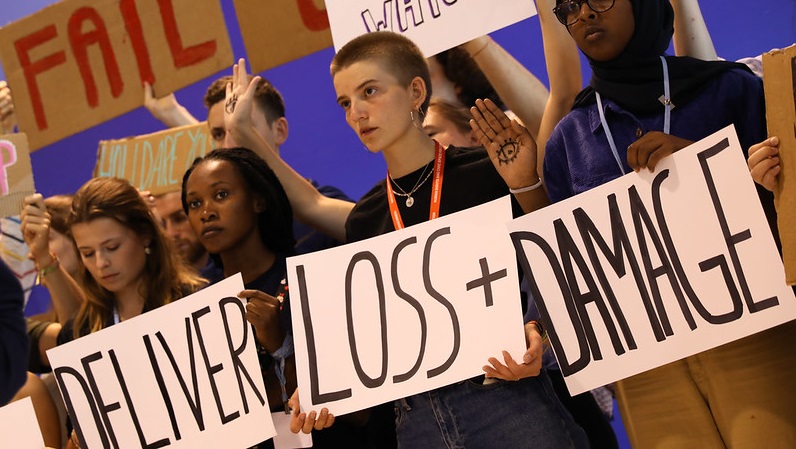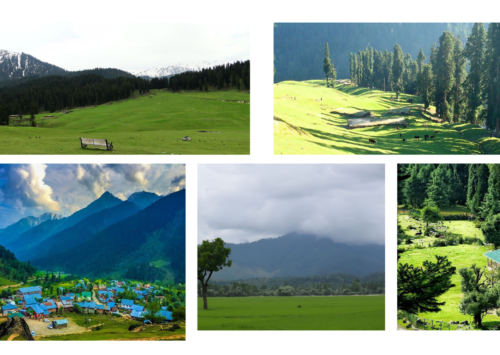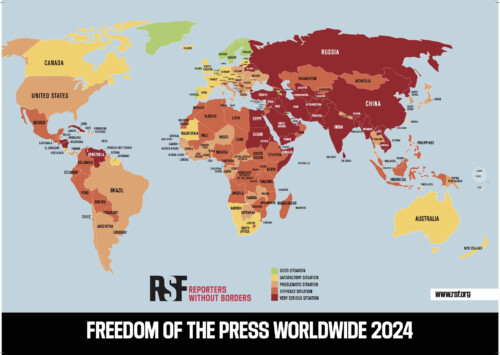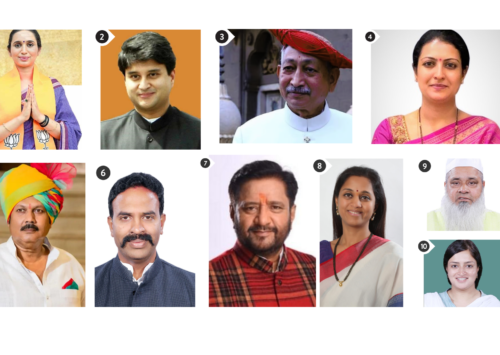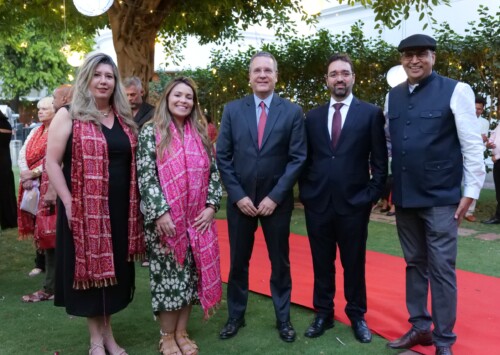Major setback to COP28, as key meeting of Loss & Damage Fund ends in failure
Climate activists have lashed out at the rich nations as yet another promise made by them seems set to be broken. Despite going into overtime and several rounds of breakout and plenary discussions, the fourth meeting of the Transitional Committee (TC) on Loss and Damage has ended with no outcome.
The meeting was held last week in Egypt and was meant to draft the recommendations for COP28 to operationalise the Loss And Damage Fund, that had been announced at COP27, and was hailed as a victory for those fighting for decades for climate damages.
However, key elements of its functioning such as its governance, structure, location, source of funding and beneficiaries of funding remain mired in disagreement with rich countries pushing for it be hosted in the World Bank which is a red line for developing countries who have asked for an independent fund.
Given the importance to have the recommendations at COP28, the TC has decided to schedule another meeting in a last-ditch attempt to bridge the differences. This meeting will be hosted by the COP28 Presidency in Abu Dhabi from November 3-5, after the pre-COP meeting.
The failure in Egypt has been sharply criticised by numerous climate activist groups which have accused the developed nations of failing the world once again in the uphill, almost insurmountable battle against climate change.
“The 4th meeting of the Transitional Committee to design a new Loss & Damage Fund tanked because rich countries drew up too many red lines and displayed little political will for compromise. Instead they played hard ball with the lives and livelihoods of vulnerable countries and communities already suffering catastrophic losses and damages.
They failed to accept their historical responsibility, suggesting that many of those harmed should pay themselves, tried to pit affected countries and communities against each other by limiting who could get money and proposed to set up the new fund under the World Bank with a Board representing shareholders, not equity. There is still time to prevent the collapse of the process, but only if rich countries in the 5th impromptu meeting in Abu Dhabi in early November show the solidarity and cooperation they promised at COP27 and that the communities in the Global South need and deserve,” says Liane Schalatek, Associate Director, Heinrich Böll Foundation Washington, DC.
“Developing countries did not fight for basic principles of fairness in the UN climate regime to have the United States, the world’s largest historical greenhouse gas emitter – pretend that it has no special responsibility to support those developing countries in addressing Loss & Damage from climate change. Communities did not fight for 30 years to get a fund based out of the World Bank, which many of those same communities have been struggling with over the last nearly 70 years,’’ says Brandon Wu, Director of Policy & Campaigns, ActionAid USA.
“Long overdue justice was denied and delayed in Aswan, Egypt. Developed countries, in a convenient collective amnesia of their historical responsibility in creating climate change, tried to impose further injustice through the disregard of the very fabric of the Paris Agreement and governance structure that limits the access, representation, and capacity of the Fund to work for vulnerable communities. Less than 50 days from COP28, failure is in sight if the course is not corrected. We didn’t play a role in creating the climate chaos that bombards our homes, our islands, and our people. Issues about who should contribute, where should the fund be located, who should be prioritized, or if there should be any prioritization brought the negotiations to a stalemate,’’ says Isatis M Cintron Rodriguez, Director Climate Trace Puerto Rico.
“People whose human rights have been violated because of the climate crisis are entitled to remedy without further delays. The Transitional Committee’s failure to deliver is no surprise given the lack of will wealthy nations have demonstrated from the start of this process. Instead of a commitment to deliver, we have witnessed exclusion and limitations on civil society engagement, and deliberate attempts to narrow down the scope and undermine the fundamentals of the Fund by wealthy nations. After decades of delay, they continue to deny their historic responsibility for causing the climate crisis, and therefore to pay up for the loss and damage this has caused,’’ says Lien Vandamme, Senior Campaigner, Center for International Environmental Law.
‘‘While they should have been focusing on delivering a Loss and Damage Fund that respects and fulfills the rights of communities and people, developed countries have persisted in making unjust proposals about the governance and the structure for this Fund, such as setting it up under the World Bank. The World Bank is not fit for purpose and the endless and desperate attempts to prove otherwise at this meeting have blocked any form of progress. If wealthy nations do not come to the next meeting prepared to let go of this unrealistic proposal, meet their international obligations, and set up a standalone, rights-based and resourced fund, they might as well not show up at all. The delay tactics must end,” Vandamme adds.
‘‘The failure of the Transitional Committee to draft recommendations for the operationalisation of the Loss and Damage Fund is a clear indication of the deep chasm between rich and poor nations. Developed countries must be held accountable for their shameless attempts to push the World Bank as the host of the fund, their refusal to discuss the necessary scale of finance, and their blatant disregard for their responsibilities under the UN Climate Change Convention and the Paris Agreement. Behind closed doors, developed nations not only attempted to fracture the solidarity of developing countries, but when unsuccessful, brazenly asked even the poorest nations to contribute to the fund,’’ says Harjeet Singh, head of global political strategy, Climate Action Network International.

